Gauteng based Motshidisi Mohono is a multi-talented radio and TV sports anchor and voice over artist. It doesn’t come as a surprise that this beautiful award-winning sports anchor’s craft is the closest thing to perfection because she has been working hard over the years honing her craft. She made her mark as SuperSport’s first woman to anchor a Rugby World Cup final. Mohono put on a spectacle when she was hosting the 2019 Rugby World Cup and what made it even more extraordinary was that South Africa was victorious. She sat at the SuperSport studios, steering conversations among rugby heavyweights with so much exuberance.
Motshidisi tells Nounouche all about her journey from childhood, the space she currently occupies and her aspirations.
Please take us back to who was Motshidisi before the fame?
Growing up in Katlehong, Motshidisi had a typical normal childhood. I was an overachiever and a very well rounded learner at school and got involved in quite a number of activities such as netball, hockey, choir and the works. My family was very supportive in terms of everything that I was in pursuit of and that made me believe that the future had infinite possibilities for me. I got a vast exposure to sports and culture particularly in high school. With that being said, I never would have thought my path in life would lead me to where I am today.
You studied Chartered Accounting, how did you get to a point where you realised that you needed to change your career path and was it a difficult decision to make?
I was in first year at the University of Johannesburg in 2007 studying Chartered Accounting, my issue wasn’t particularly the course I was studying at the time, it was in fact all the time I had in my hands which more or less influenced my decision to join UJFM as a newsreader for The Morning show. The next year I joined YFM in 2008 as a weekend newsreader. I struggled with time management and finding a balance between work, school and personal life to a point where I had a few setbacks in my academics. My time at YFM made me come to terms with the fact that I really am passionate about broadcasting and would love to get more exposure in the media broadcasting industry and that anything I would study would be a backup plan.
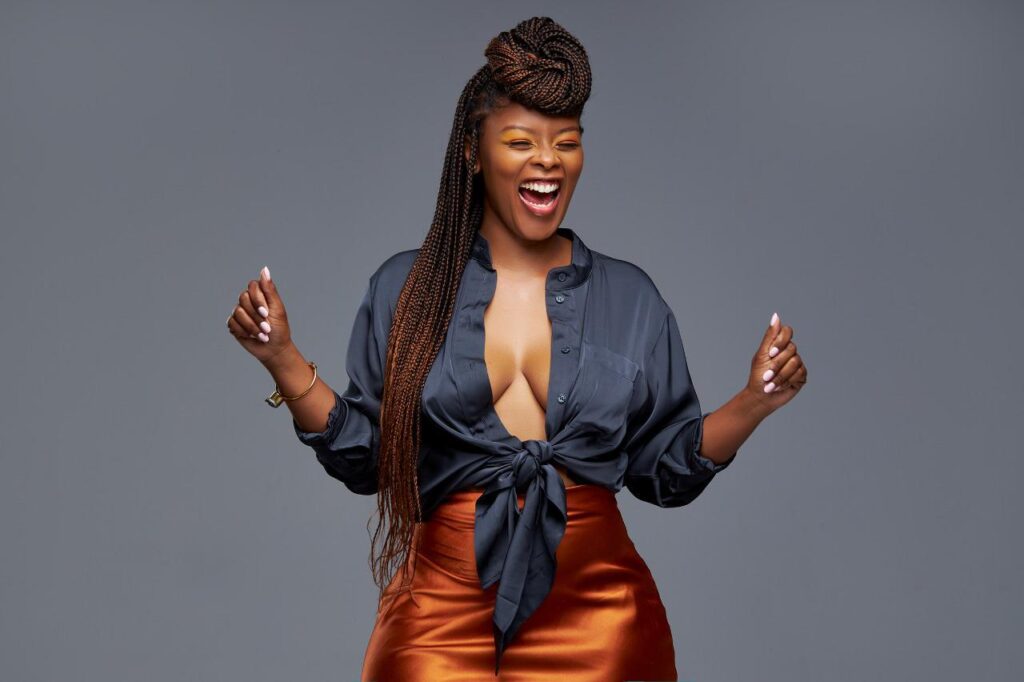
Before getting into the sports broadcasting, did you ever fear that your voice would perhaps not be heard in the male dominated industry?
Working in the newsroom at YFM in 2008 geared me up and made me gain a lot of confidence. We were very young and always given so many responsibilities by our editors. Being given that wavelength to carry and knowing that it’s a safe and non toxic environment empowered me to hold my crown up high which is a quality that I have held onto for years. I took ownership of my voice, my story and the content that I was delivering. Working with industry mavens such as Carol Tshabalala and Thato Moeng, Mbali Sibanyoni Thethani and more encouraged me to be the best version of myself, honestly.
What was the turning point in your career? Your proudest career moments?
The place that made me feel like this is where I belong was my first test match that I hosted which was South Africa versus Italy in November 2016. I remember how we lost that match but it wasn’t really about winning or losing. To be called up to anchor the match was a turning point for me. Preceding that, I got to host the Currie Cup Finals which was huge for me. To be given the space to hold up the panel, to anchor the match, to be in charge was a sign that I was doing something right. My break in television arrived in 2011 when SuperSport rolled out the Lady Rugga presenter search. Initially I came third but the station’s producer saw a spark in me and called me back to begin the production. I think that is the trigger I needed in my career that unlocked every door.
Another highlight for me was winning the 2018 SA Sport Awards Journalist of the Year. I took my parents alongside me to the 2018 SA Sport Awards, they got to immerse themselves in my world and the kind of work that I do. That was such an honour for me.
I suppose anchoring for so many media platforms comes with a significant amount of fame. In this digital world we live in today, fame can be a burden to a certain extent. How has being a public figure affected you?
There are a selective few criticisms of course because when you’re in this space, it’s easier for people to express their opinions about the work you do and your life but I am fairly celebrated more than anything else. I work very hard to keep my private life private, that has assisted me in terms of balancing my privacy and professional life. For the most part, being a public figure has been met with a positive response and I’m certainly thankful for that.
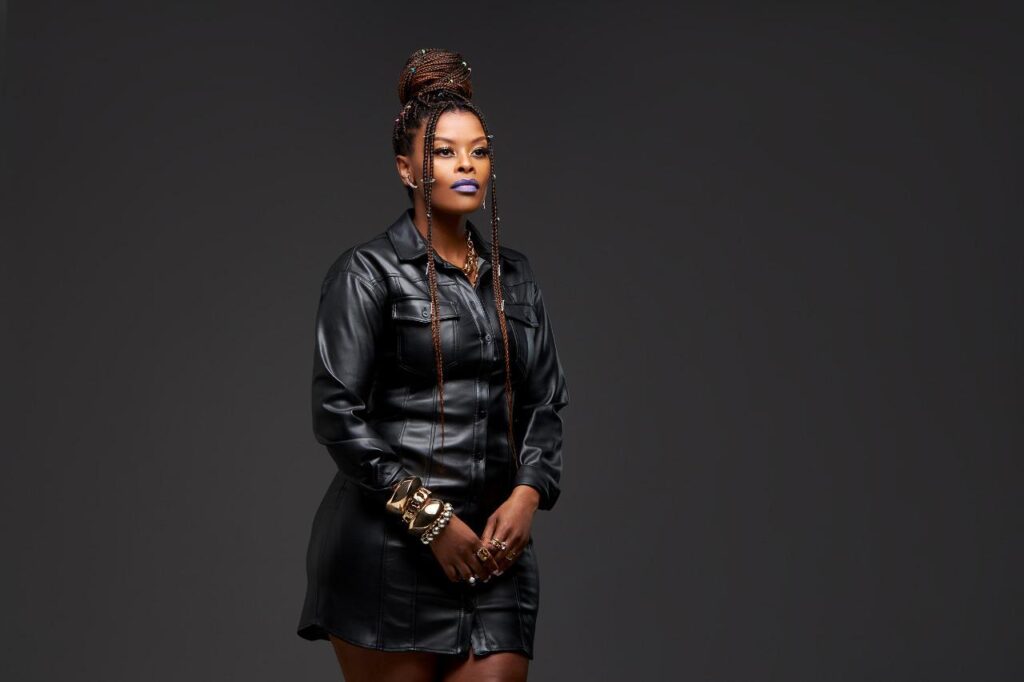
You are a presenter of Game Time on Radio 2000, how has that experience been like for you?
It’s been a very fun experience. Having my own show is something I have always wanted upon my return to radio. It’s a space where we gather as sports lovers when I educate, entertain and engage in these conversations. My team and I have constructed the show into being a broad medium but also very intimate – which is to say even people who are not lovers of sport end up having fun and journeying with you.
We are getting more familiar with terms such as such non binary. Gender roles and gender identities are being dismantled and do you think a few years from now, we will still be having conversations such as this is a male or female dominated industry?
I hope not. I’m happy with the strides that are being taken in spaces and in a world that has been empowering men more than women. Women learning and making mistakes without being told “this and that happened because you’re a woman” is something that is happening on a wider spectrum of society and in sports as well. There is so much that goes behind the production and that is where we need to create more education and exposure regardless of gender.
What does a day in your life look like?
By 7 o’clock in the morning, I’m usually at the gym. Afterwards, I shower and eat breakfast. From then onwards, I run my meetings and prep for work. 12 o’clock session with my therapist. By 4:30 I’m at the SABC studios preparing for the show and by 6 o’clock we go live. By 8 at most I’m at home and reflecting on my daily goals and that’s honestly a typical day for me.
What can we look forward to seeing from you a few years from now?
There’s a whole lot. I want to start doing things on a more global landscape, get my name across the world. To bring back my mentorship programme as well that will empower women in this industry using the key experience that I have. I want my success to extend to other people in South Africa and internationally.
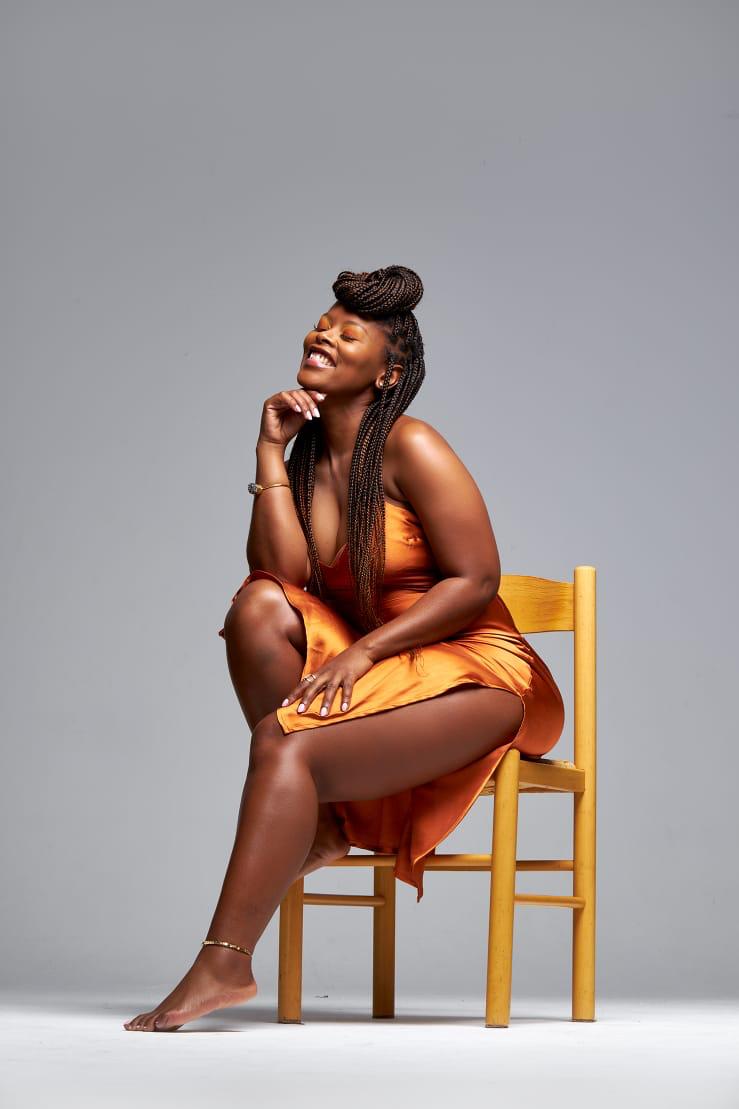

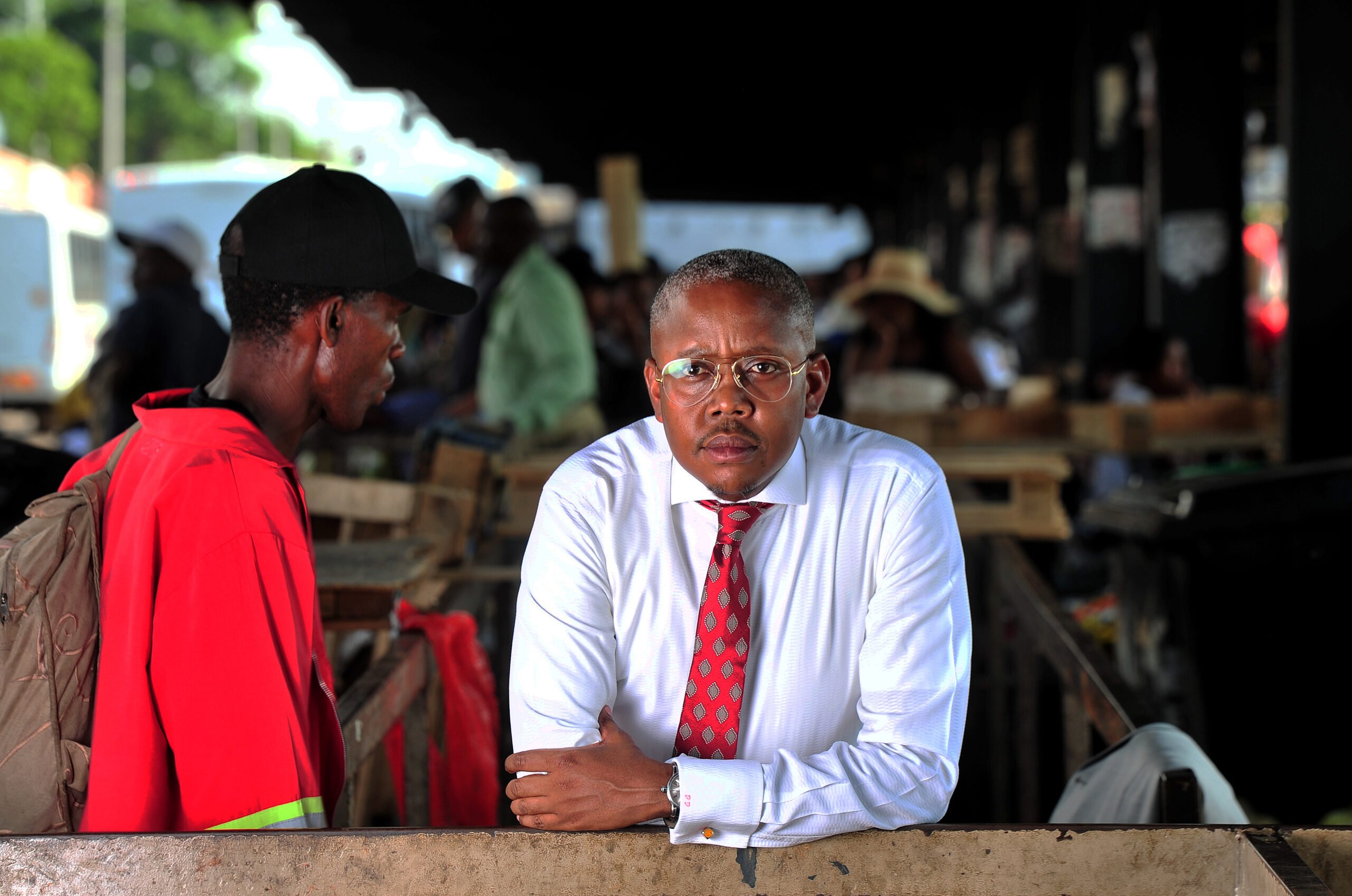

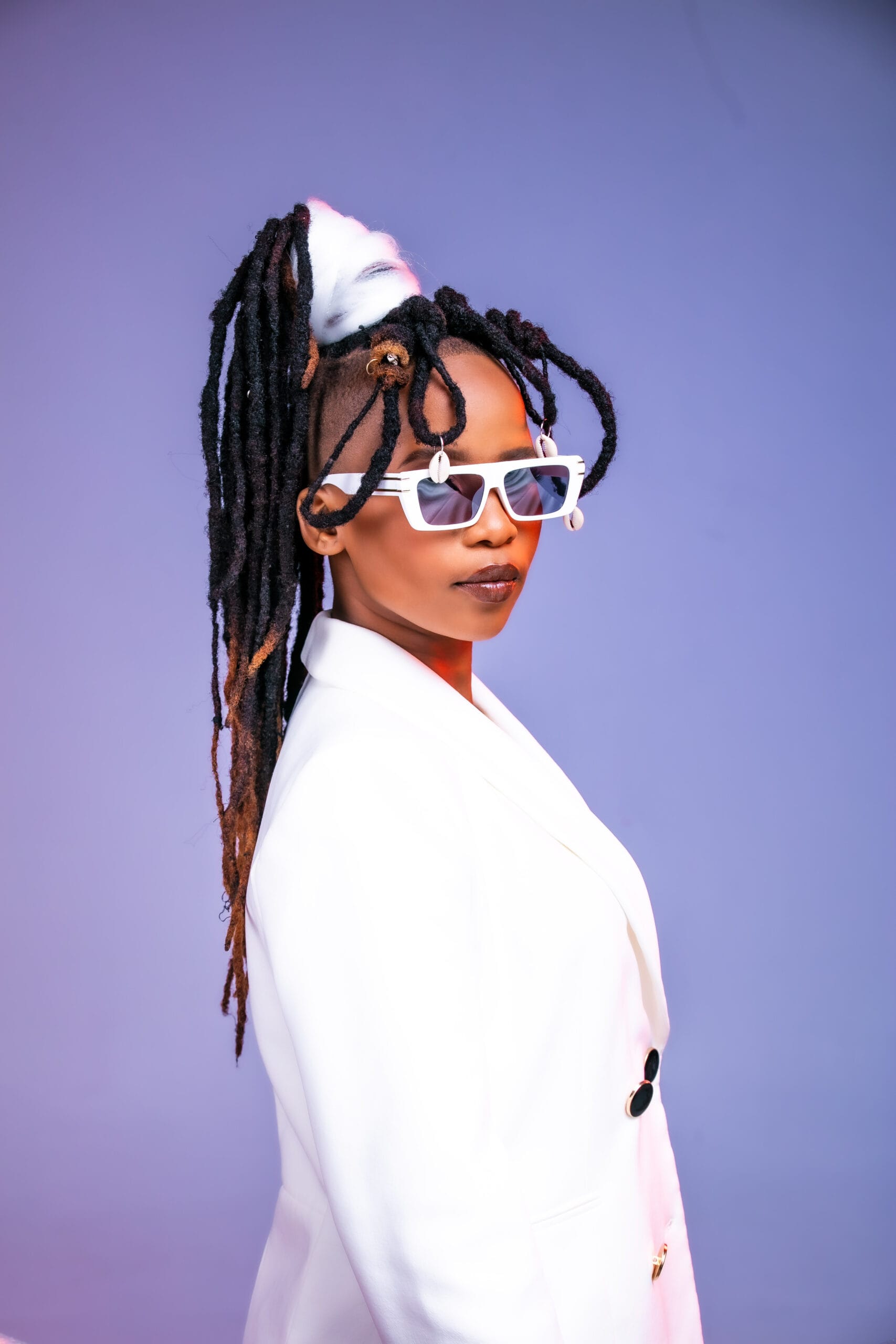
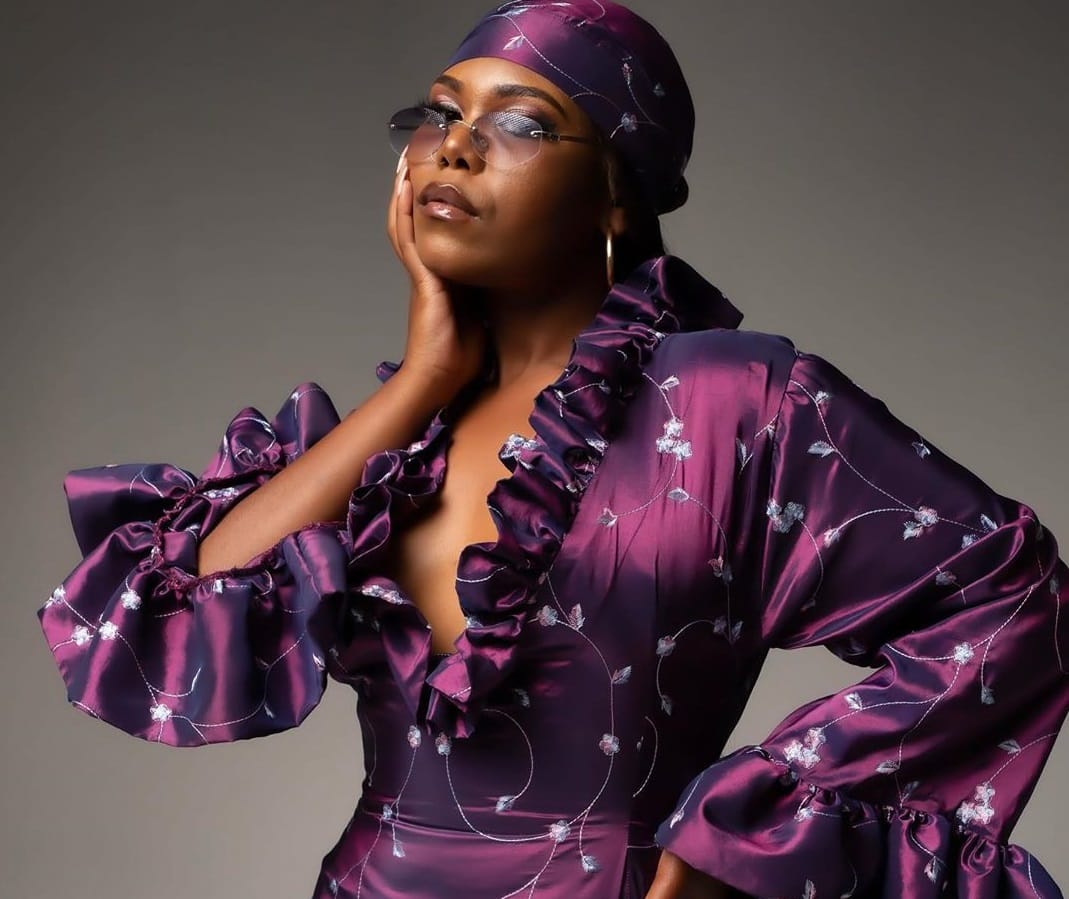
มวยพักยก LSM99
… [Trackback]
[…] Find More to that Topic: nounouche.online/motshidisi-mohonos-broadcast-journey-soars/ […]
เช็คบัญชีมิจฉาชีพ
… [Trackback]
[…] Find More to that Topic: nounouche.online/motshidisi-mohonos-broadcast-journey-soars/ […]
sccy firearms
… [Trackback]
[…] Read More Info here to that Topic: nounouche.online/motshidisi-mohonos-broadcast-journey-soars/ […]
youtube niches
… [Trackback]
[…] Information on that Topic: nounouche.online/motshidisi-mohonos-broadcast-journey-soars/ […]
แจกวาร์ป
… [Trackback]
[…] Information on that Topic: nounouche.online/motshidisi-mohonos-broadcast-journey-soars/ […]
som777
… [Trackback]
[…] Here you will find 4316 more Information on that Topic: nounouche.online/motshidisi-mohonos-broadcast-journey-soars/ […]
hihuay
… [Trackback]
[…] Read More on on that Topic: nounouche.online/motshidisi-mohonos-broadcast-journey-soars/ […]
ซอฟต์แวร์บริหารงานบริการทำความสะอาด
… [Trackback]
[…] Find More on that Topic: nounouche.online/motshidisi-mohonos-broadcast-journey-soars/ […]
ปั่นสล็อตฟรี มีอะไรบ้าง ?
… [Trackback]
[…] Read More here on that Topic: nounouche.online/motshidisi-mohonos-broadcast-journey-soars/ […]
เว็บพนันเกาหลี
… [Trackback]
[…] Information to that Topic: nounouche.online/motshidisi-mohonos-broadcast-journey-soars/ […]
Event venue phuket
… [Trackback]
[…] Read More here to that Topic: nounouche.online/motshidisi-mohonos-broadcast-journey-soars/ […]
Weber Summit Kamado
… [Trackback]
[…] Read More to that Topic: nounouche.online/motshidisi-mohonos-broadcast-journey-soars/ […]
klik dultogel
… [Trackback]
[…] Information on that Topic: nounouche.online/motshidisi-mohonos-broadcast-journey-soars/ […]
vuse solo original cartridges tobacco
… [Trackback]
[…] Find More Info here to that Topic: nounouche.online/motshidisi-mohonos-broadcast-journey-soars/ […]
바카라사이트
… [Trackback]
[…] Find More Info here to that Topic: nounouche.online/motshidisi-mohonos-broadcast-journey-soars/ […]
วิธีเล่นหวยรัฐบาลไทยและวิธีการ ตรวจหวยรัฐบาล
… [Trackback]
[…] Find More Information here to that Topic: nounouche.online/motshidisi-mohonos-broadcast-journey-soars/ […]
dayz cheat free
… [Trackback]
[…] Read More here to that Topic: nounouche.online/motshidisi-mohonos-broadcast-journey-soars/ […]